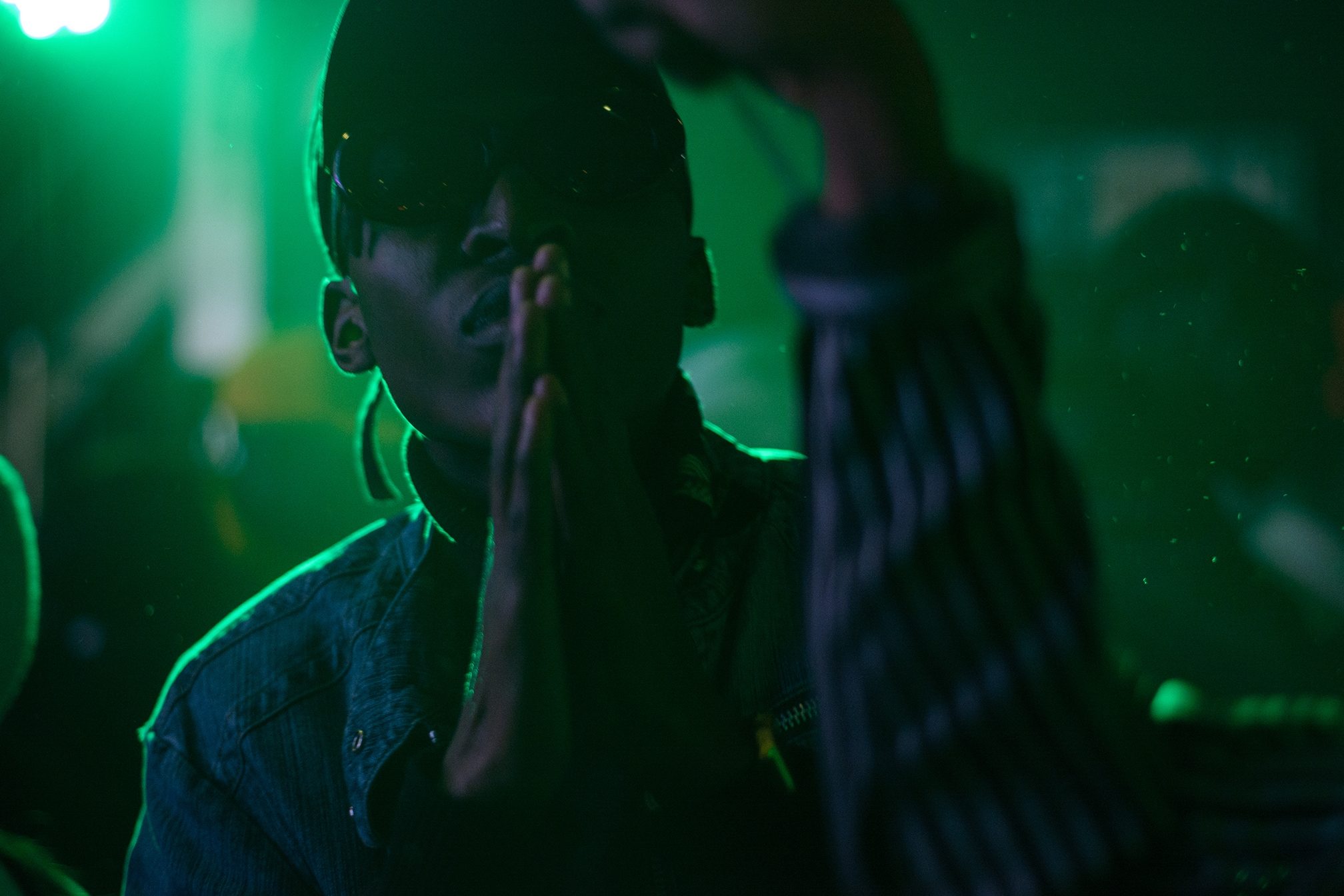 Scene reports
Scene reports
The beautiful chaos of Amapiano, South Africa's emerging house movement
Amapiano was born in townships and is now taking off as an international phenomenon
“You can feel the pain in the music...”
Juls is describing Amapiano, yet another new musical movement to come from South Africa’s Gauteng province after Kwaito, Gqom, isiGhubu and diBarcardi. At the start of March, the Ghanaian-born, UK-based artist travelled to Soweto, a city in the region, to immerse himself in the genre. Initially developing in the mid-2010s and coined by SAMA winning producers MFR Souls, Amapiano soundtracks nightlife, aspirations of wealth and hedonistic escapism among Gauteng’s revellers — coming to the fore as the sound of Black lives alchemising their woes on weekday and weekend alike. In Soweto, Juls recorded a pair of songs with two of the scene’s prominent voices, Busiswa and Amos “Aymos” Shili, signalling a turn in the genre’s fate towards international prominence. ‘Soweto Blues’ encapsulates his statement, presenting the juxtaposition of struggle and elation present in the music’s anatomy and the townships from which it came.
Along with the abundant log drums, signature shakers, cloud-like pads and staple keys, Amapiano stirs up a sense of anticipation that ever more artists are gravitating toward. Calls to the past and responses from the future are tucked into its makeup, with Aymos delivering potent vocals on ‘Tembisa’ and other pivotal Amapiano tracks such as his Mas Musiq collaboration ‘Zaka’. The latter houses lyrics derived from ‘Asimbonanga’, an anti-apartheid song by Savuka from their 1987 album ‘Third World Child’. At its heart, Amapiano is about the people. Could this new genre be tapping into a collective subconscious of the Black experience?
Beyond the hurt, Amapiano finds relief. “When an Amapiano song comes on, it’s a feel-good frequency,” says Thabang Moloto, producer of the Amapiano documentary Shaya!. “You associate it with nice times, a nice lifestyle. It makes you forget your pain. A person could be from the brokest background, and when they dress nicely and go to party, they look like they’ve made it in life. And for that moment, none of their problems matter."

The unique intersection of inspirations feeding into Amapiano provides South Africans with a well of influences to draw from and then create. New sounds and dance styles become better realities and brighter futures, as Amapiano dance tutorials and music videos garner millions of views and open just as many avenues for the creators. Dancefloors erupt with dance trends such as the ivosho and the pouncing cat, while worries are cast aside during moments where the answer will always be “yebo” – a positive exclamation of approval. Paper, its making (and the lack thereof) are common in tracks; and the legacy of beloved DJ and dancer Papers 707, who died in July, will live on through memories and mimicry of his moves. If you’re feeling especially festive, bring a whistle – dancers, chanters and DJs congregate to embody humanity in concert. In South Africa, and now many countries beyond its borders, Amapiano is the sound to which the sun turns. Varying styles can be Kwaito-fuelled, techno-infused and instrumental or jazz-vocal driven. It’s loved for all of its candour, wokeness, nostalgia and unabashed ratchetry.
Read this next: No more 4x4: How sounds from the Global South stopped club culture stagnating
In its birthplace, we can imagine the orange clouds settling against the horizon, with the smell of beer sold only by packs of six lingering in the air. A solitary car tucked into an alleyway, scarlet tail lights dim; the driver’s seat slides back as a young woman trades favours to fund the fare back from groove - a term synonymous with a night out partying. We can also imagine champagne bottles popping to meet upturned lips celebrating their full-to-the-brim Gucci branded pockets as artists’ bills become things of the past due to the genre’s immense global reach. Despite the pandemic’s eradication of club experiences, Amapiano streams have continued to skyrocket, and the feeling the genre was intended to create is made ever more real. The world is listening.
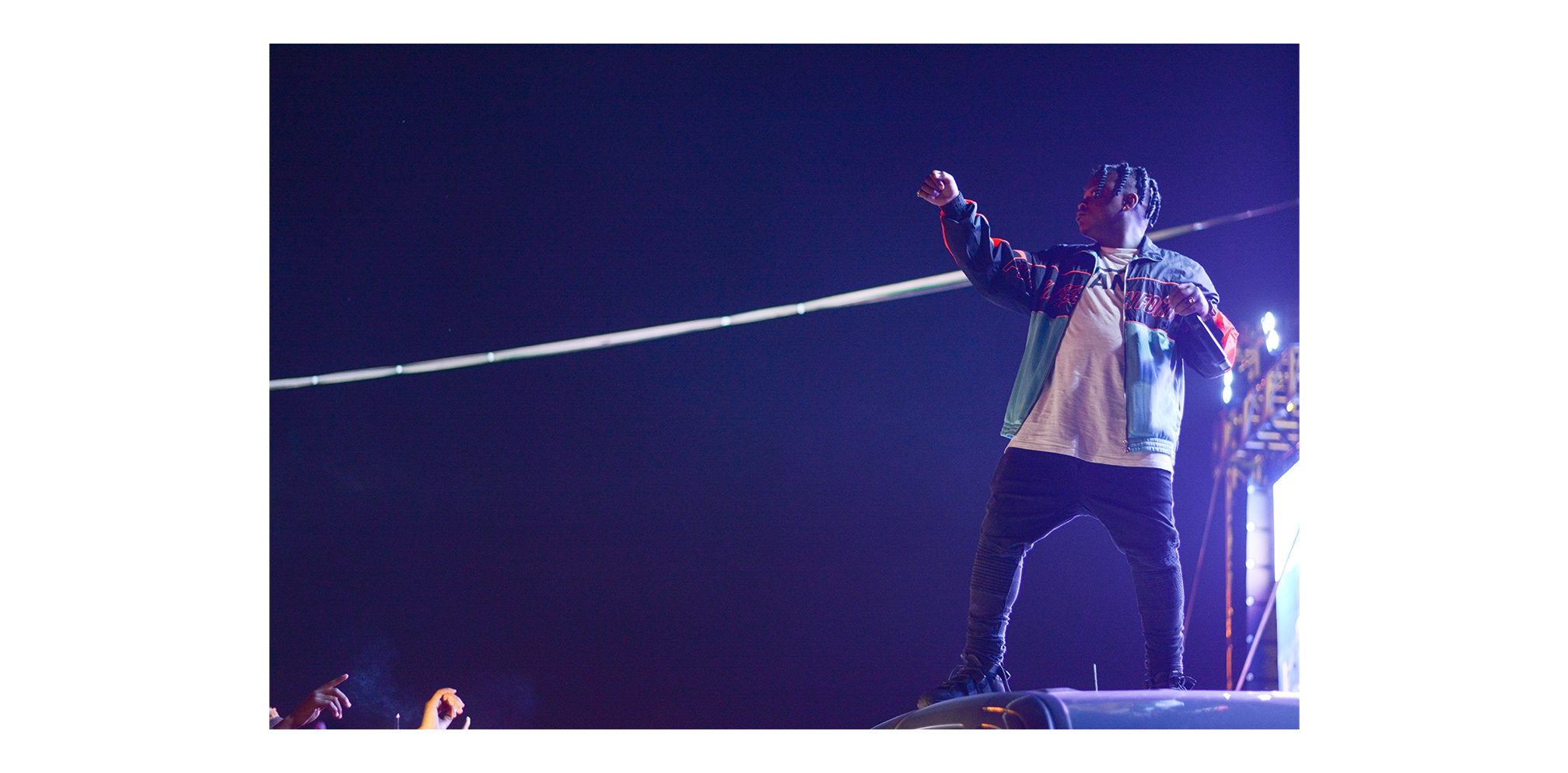
Just one of many milestones that signalled Amapiano’s worldwide domination and the rise of its key players includes tracks from Samthing Soweto’s successful album ‘isiPhithipithi’ – meaning “the crowded/chaotic place”. The album’s final three Amapiano tracks, ‘AmaDM’, ‘Lotto’ and ‘Akulaleki’ struck a major chord, topping the Apple Music SA singles charts on pre-adds alone. Other popular anthems include Semi Tee, Miano and Kammu Dee’s ‘Labantwana Ama Uber’ and ‘Lorch (An Alexandra Story)’, as well as Kaygee DaKing and Bizizi’s ‘Kokota’, to name but a few. JazziDisciples, Boohle, DBN GOGO, Daliwonga, Nia Pearl, Njelic and Vigro Deep are essential listening, while production master DJ Maphorisa stands at the right hand of a number of groundbreaking acts on the scene, along with plenty of hits of his own.
The titles of Amapiano king and queen belong to Pretoria’s Kabza De Small and Zimbabwean vocalist Sha Sha, who snagged a BET for Best New International Act in June. Her triumph caused some discontent in SA, with hashtags on social media accusing her stealing the win from a South African artist. According to the “first lady of Amapiano”, anyone who sees this as a victory solely for Zimbabwe has missed the point:
“At the end of the day, who are you?” says Sha Sha. “Whether you’re from Zimbabwe, Nigeria, Kenya. Wherever. We are all Africans before anything else. I want to give the BET as an example. I had SA backing me and I had Zim backing me – and we won this BET. That’s just one little example of our power.”

If nods from pioneers such as Juls, Mayorkun (‘Of Lagos’), Masterkraft (‘Equipment’), Rema (‘Woman’) and Niniola (‘Addicted’) aren’t sufficient to convey the popularity of Amapiano, let’s look at the data. As of July 15, 2020, Spotify’s Amapiano Grooves is the #1 most streamed local genre playlist in South Africa – this being a largely scaled down reading of the genre’s success due to the fact that many local communities do not rely solely on DSPs for their music consumption, often opting for free download sites such as Fakaza and WhatsApp to locate and acquire new sounds. Phiona Okumu, with a reputation for her ability to suss out what will follow today’s hot topic, began working on Artist & Label Partnerships
“The first thing they said was that Amapiano is not on mainstream radio. It has to prove itself in the underground, in the clubs, in the townships and the taxis. Then the major labels would say: ‘Oh my goodness, here's the next big thing’. That's how music goes anyway, right? But it's wild to me that this was as recent as six to nine months ago. Right now, every single label in South Africa is the biggest champion of Amapiano, but this was not the case a year ago when producers relied on gigs to pay their way. They also said: ‘labels don't understand us. Radio are scared to play us. We need to send our music around ourselves to be heard.’”
Read this next: "We come to dance": Motherland is the epicentre of London's afro house movement
And that they did. Da Kruk, the very first DJ to play Amapiano on national commercial radio, hosted a weekly slot on YFM called The Playas’ Club on Saturdays, dedicating 60 minutes to new sounds from the genre dubbed Amapiano Hour when other national stations were tentative. Last month he announced his own UK based, strictly Amapiano show entitled AmaInternational will air on The Beat London and DrumsRadio in a video featuring players from the diaspora singing the genre’s praises. Big brands have backed artists producing Amapiano, often having to go straight to producers and vocalists instead of major labels to engage the scene. And all the while, Spotify has seen a 145% increase in global streams from the genre in the first half of 2020 compared to 2019's figures.
As the COVID pandemic gutted live venues and cut off Amapiano DJs who’d average eight to 15 performances each weekend, listener behaviours showed that despite the lack of club scenes, AmaPiano Grooves continued to gain traction. In the first two months of the playlist going live, other strong listener regions included the UK, USA and Germany. At the time of writing, in the current Top 50 most streamed tracks in South Africa, only four are South African-made: and all four are Amapiano tracks, three of which are produced by DJ Maphorisa, who forms the formidable duo Scorpion Kings with Kabza de Small. His latest 27 track release, ‘I am The King of Amapiano: Sweet and Dust’, is, according to Apple Music, the most streamed South African album in history with over eight million streams in its first two weeks – and the artists own every master.
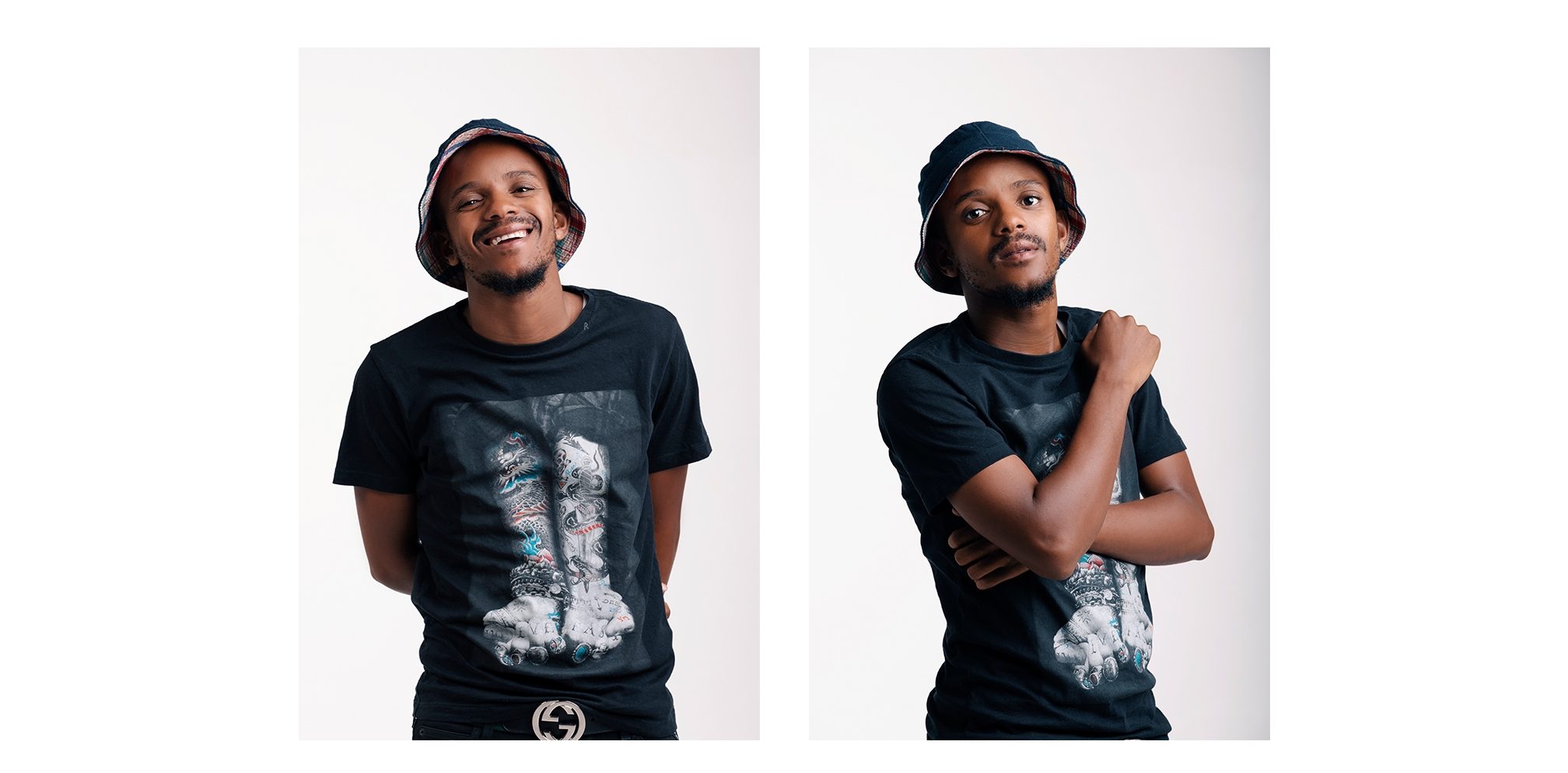
“This is my first album,” says Kabza. “I definitely evolved when making this one, and I collaborated with artists I wouldn’t have thought to work with. It’s a project I’m super proud of and I’m happy that people finally get to see how I’ve evolved. The purpose of the ‘Sweet and Dust’ title was us trying to separate the types of Amapiano sounds: “dust” is mainly the hardcore drum pattern; the Kwaito influenced sound, and “sweet” is the more soulful and jazzy Amapiano. All in all, this album shows the world that Amapiano is a genre that caters to everyone.”
He’s not wrong. Spotify’s top 10 countries ranked highest-first by their increases in Amapiano streams are: South Africa, United Arab Emirates, Morocco, United Kingdom, Ireland, Turkey, Portugal, India, Poland and Switzerland. Even if it can be argued that creators of Amapiano live hand-to-mouth and form part of a culture that doesn’t currently thrive on DSPs, it’s clear the rest of the world wants more.
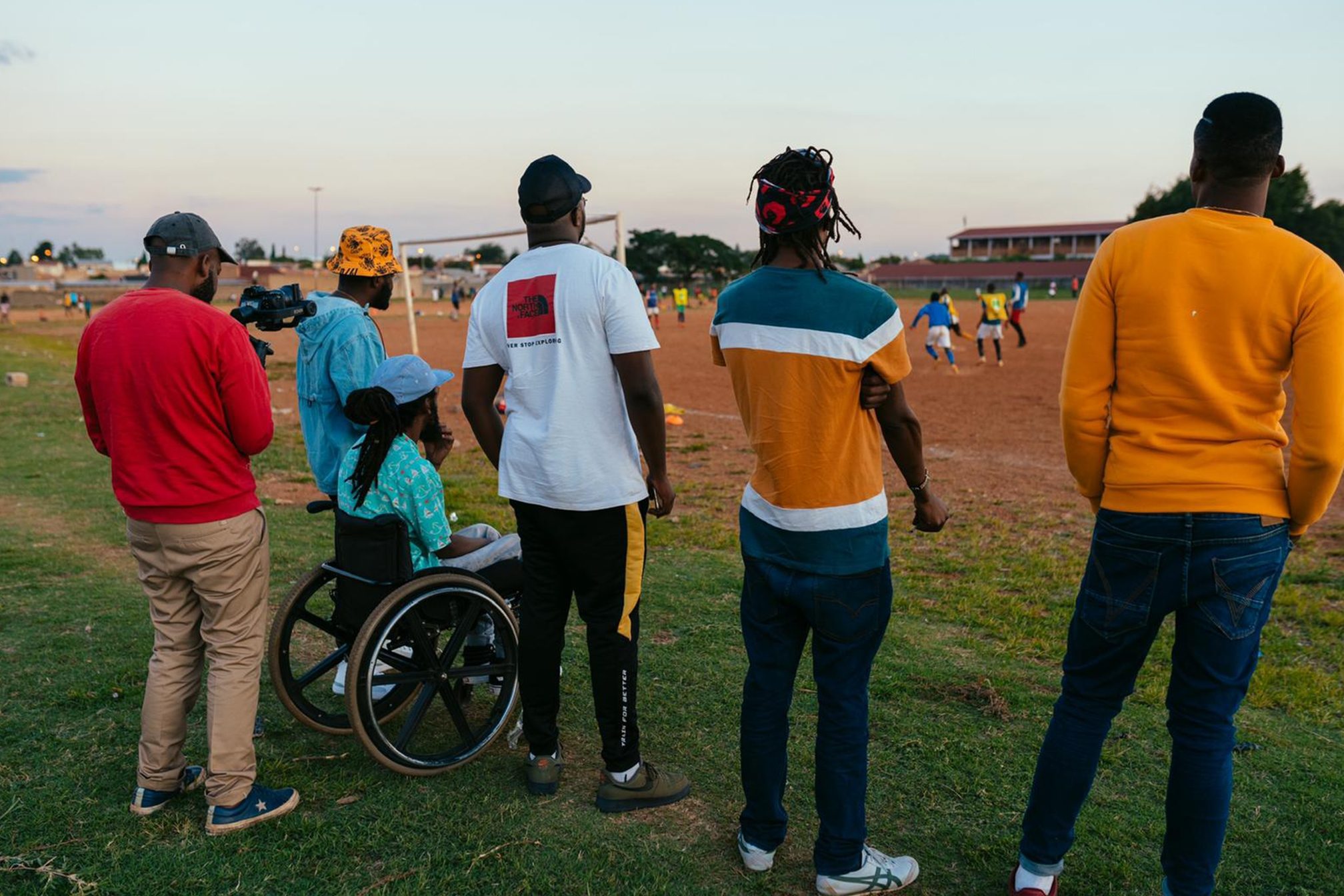
Late last year, SA finance minister Tito Mboweni stated: “the global renown of South Africa’s art and culture is an expression of our soft power and our heritage. Our public finance choices should reflect an intention to preserve and add to our cultural canon.” Whether this rings true today is anyone’s guess. The country’s systemic corruption and debt have made it almost impossible for artists to receive relief. In order to live like the top 10% of the population, one would need to take home just R7,313 a month, about $396. The middle-class takes home on average R1,149 p/m after tax – which is below the recently-adjusted poverty line. Against the backdrop of failing political, social, environmental and capitalism-based systems and in such dire environments as townships can often be, musicians are churning out hits and soothing the collective ache of the social climate. Is it a coincidence then that this genre has risen during a time of revolution in the industry and need for societal change?
Read this next: Africa Is Not A Jungle: How Black Coffee is leading a music industry revolution
Amapiano remixes come in all forms, including one for the theme of 80s hit show Knight Rider, and more popular yet, the rework by Donn x Dj Rex of ‘Bella Ciao’, the catchy tune from the popular Spanish series La Casa De Papel or Money Heist, which preceded the recently released Tyler ICU and Nicole Elocin ‘Money Heist’ EP that hit the number 1 album position on the global Apple Music chart in July. Both speak to themes of injustice and independence – it’s no secret that these producers are coming for it all. ‘Bella Ciao’ (or ‘Goodbye Beautiful’) is an Italian folk song that was used “as an anthem for the anti-fascist resistance… worldwide as a hymn of freedom.” South Africa has many battles to fight, and African financial freedom has always been the first point of reference.
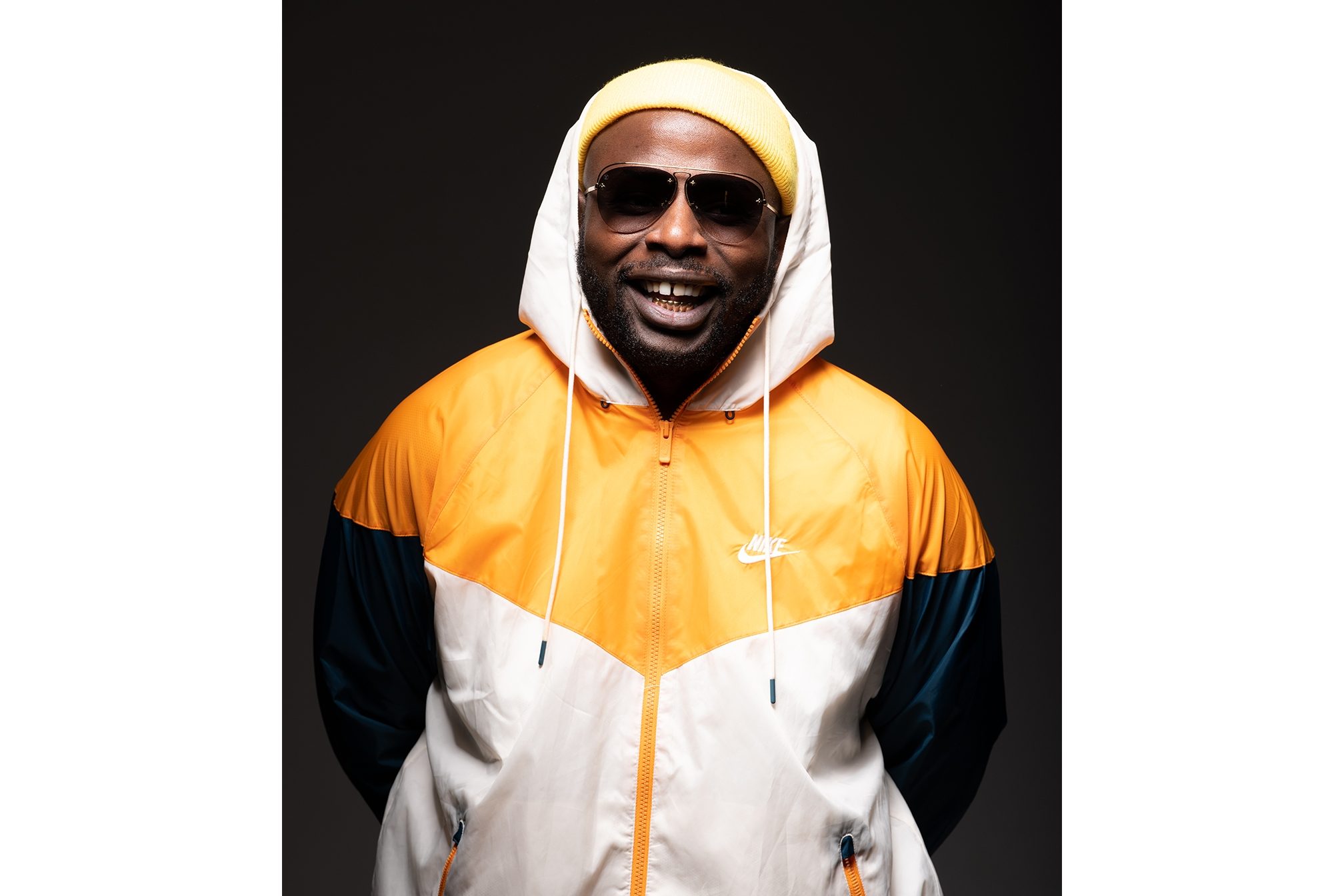
When asked whether he feels the effects of injustice or xenophobia in the music industry, DJ Maphorisa responds confidently: “Yes I do feel the friction, but we always push the narrative of a united Africa by releasing music with people from other African countries.” This is evident in their move to bring Nigeria closer, with Wizkid and Burna Boy on the album’s most talked about track ‘Sponono’.
“We have a relationship that was built a very long time ago on the road touring, where songs like ‘Soweto Baby’ (2016) and ‘One Dance’ (2017) came together,” says DJ Maphorisa. “During that time, Wizkid, Burna Boy and I were in Zimbabwe for a show, and later that night recorded the idea of the song. We furthermore decided to take that same song and create something that could potentially unite Africa - a game-changer that would create a bigger audience for Amapiano - and decided that it would be dope for it to be on Kabza’s album.”

Often stating that he won’t go into the studio to create unless the chemistry amongst collaborators is perfect, Wizkid carries the same passion for the continent and its future.
“I love South Africa, and I usually spend a considerable amount of time there whenever I visit. I like recording out there with friends like Maphorisa... It’s just a vibe. Music, especially ours, is all about feeling. When you listen, you feel it… and when people experience music on that level it naturally spreads and grows,” he says. “Arts and entertainment are doing a lot for the continent. Most importantly, it’s inspiring more people to see that there are many honest ways of making a living and improving life for you and your family. More collaborations like this across industries will definitely be good for the continent and our people.”
Wizkid has promised to release more Amapiano tracks soon, as has Maphorisa with a new multi-award-winning collaborator in French-Congolese artist Tresor; the duo are set to raise the bar with an album featuring lyrical content in Swahili and Lingala.
The pain that Juls spoke of is neither physical nor emotional, but the rupturing of dated music industry practices, tribalist mentalities, master-and-slave clauses in flimsy contracts and many ways of doing that must be reimagined in order for our industry to evolve. If this is what South Africa can do with pain, imagine the possibilities of a continent united and independent?
Shiba Melissa Mazaza is a freelance writer, follow her on Instagram
Setumo-Thebe Mohlomi is a freelance photographer, check out his website
[Photography credits: Amapiano parties - Setumo-Thebe Mohlomi / Kabza De Small - Piano Hub PTY LTD / Maphorisa - New Money Gang PTY LTD]
BlackMusic Vol.9 mixed by Mr. JazziQ tracklist:
1. Mdu Aka TRP & Bongza - Tech
2. Josiah De Disciple feat. Mpura - Inhliziyo
3. Jazzidisciples feat. Mporoza & Thlopzin - Final Touch
4. Boohle feat. ThackzinDJ - Memeza
5. Jazzidisciples feat. Sauti Sol - uXolo
6. Mr JazziQ, Bontle Smith, Reece Madlisa & Zuma - Moshimane
7. Josiah De Disciple feat. Dali Wonga - Ya Ya
8. Mr JazziQ feat. Vigro Deep & Rams De Violinist - Blue Skies
9. Jazzidisciples feat. Vigro Deep & Dj Bucks - Sgubu Se Monati
10. Mr JazziQ feat. Josiah De Disciple, Fakelove, Moonchild Sanelly, Hipnaughtic Sean - Askies
Spirits Of Makoela Vol.1 mixed by Josiah De Disciple tracklist:
1. Josiah De Disciple feat Rams The Violinist - The Feeling
2. Josiah De Disciple - Todays Kings
3. Josiah De Disciple - Jazz That Thing
4. Josiah De Disciple feat Rams The Violinist - Messages
5. Josiah De Disciple - Untitled
6. Josiah De Disciple feat Dali Wonga - Ya Ya Ya
7. Josiah De Disciple - Untitled
8. Josiah De Disciple - Pedi Love Letter
Read this next: Get the best of Mixmag direct to your Facebook DMs


